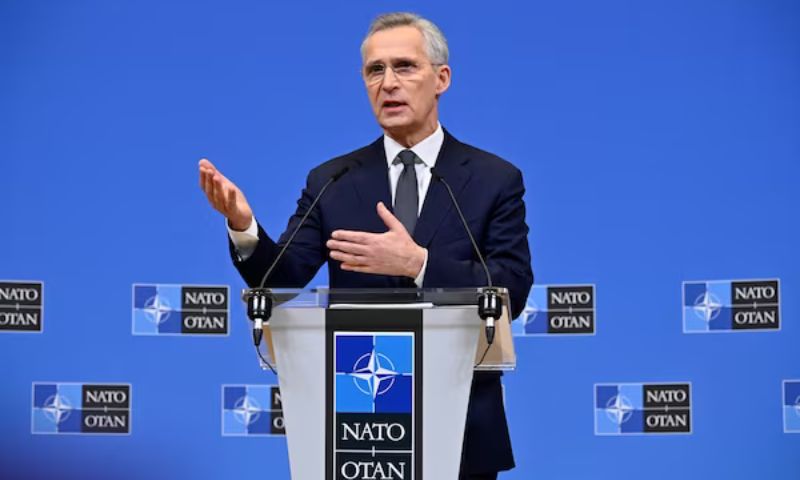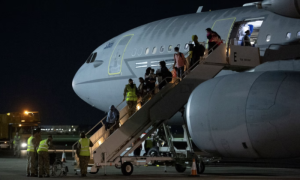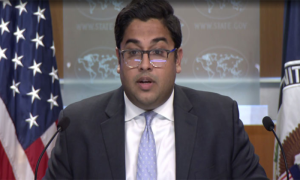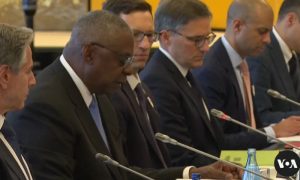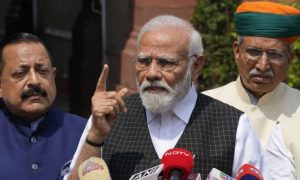BRUSSELS: NATO announced on Wednesday that European countries are meeting the alliance’s spending target, countering recent suggestions from former US President Donald Trump that Washington might reconsider its commitments to allies not meeting defense spending goals.
NATO Secretary-General Jens Stoltenberg emphasized the importance of European defense contributions, urging the US House of Representatives, currently under Republican control, to approve a crucial military aid package for Ukraine. Stoltenberg warned that failure to support Ukraine could embolden China if Russia were to succeed in its aggression.
European NATO members are set to collectively invest $380 billion in defense this year, bringing their combined spending to an estimated 2% of GDP in 2024, up from 1.85% in 2023, according to Stoltenberg.
Trump’s recent remarks, suggesting leniency towards Russia regarding NATO protection for countries not meeting defense spending targets, elicited concern among European allies. While all 31 NATO members have committed to spending 2% of GDP on defense, not all have met this goal individually.
Highlighting the importance of NATO solidarity, Stoltenberg noted that 18 allies were expected to meet the 2% GDP defense spending target this year, up from 11 the previous year, amidst Russia’s ongoing aggression in Ukraine.
Responding to questions regarding Trump’s remarks, Stoltenberg stressed the significance of the defense alliance for US security, urging support for Ukraine as an investment in collective security.
Stoltenberg underscored NATO’s reliance on non-EU allies for defense, with 80% of the alliance’s defense expenditures coming from these nations.
Germany is set to achieve the 2% spending target this year, marking a historic milestone since the end of the Cold War. France, a key nuclear power within the bloc, is also expected to follow suit, with a significant increase in defense spending outlined in its Military Programming Law.
In anticipation of NATO’s evolving strategy, diplomats emphasized the need for increased European defense spending, addressing US priorities such as China and the Indo-Pacific region, and managing relationships with leaders like Trump.
Keith Kellogg, a prominent national security adviser to Trump, indicated potential changes to NATO under a Trump administration, which could impact member nations’ security guarantees.
NATO’s focus on bolstering defense spending has intensified since Russia’s annexation of Crimea and intervention in eastern Ukraine in 2014.









